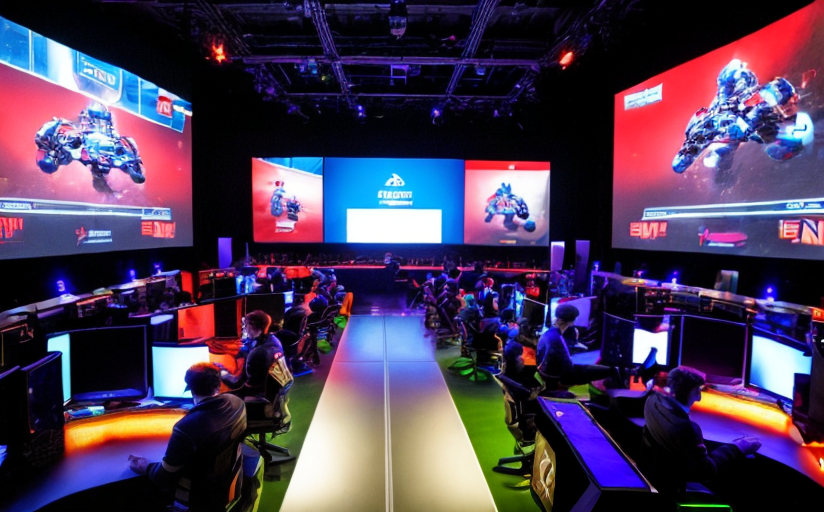Artificial Intelligence: Reshaping the Future of eSports
Over the last few decades, eSports have experienced unrelenting growth, supported by the rapid surge of new technologies. One transformative innovation poised to redefine this industry is Artificial Intelligence (AI). This article will explore the profound impact of AI on the future of eSports, examining its influence on gameplay, strategies, training methods, eSports analytics, and fan participation. In addition, we aim to navigate through potential AI challenges in eSports and delve into the expected future trends. To provide a more comprehensive understanding, real-world examples of AI-powered changes within the eSports industry will be included.
Artificial Intelligence: A Game Changer
AI and Gameplay
In the realm of eSports, AI is not merely an observer but an active participant. It is at the core of non-player characters (NPCs), making them smarter and more unpredictable, enhancing the overall gaming experience. For example, OpenAI's Dota 2 AI OpenAI Five consistently defeated human players in 2018, demonstrating AI's potential in complex strategic tasks.
AI and Strategies
AI algorithms are instrumental in developing winning strategies. They analyze vast arrays of data including previous matches, player behaviors, and game trends to formulate successful game plans. Dota 2's DeepMind is a perfect example that leverages machine learning algorithms to devise optimal strategies.
AI and Training Methods
AI is revolutionizing training methods in eSports by providing personalized training sessions based on an individual's gameplay data. It identifies the strengths and weaknesses of a player and customizes training accordingly. Gosu.ai, for instance, leverages AI to assist gamers in improving their skills and gameplay.
AI and eSports Analytics
eSports analytics serves as the foundation for strategic decision-making. AI is used in analyzing real-time data, tracking player performance, game statistics, and more. It offers predictive analytics, helping teams to anticipate their opponents' moves confidently. Mobalytics, an AI-driven gaming companion, has set a new standard in eSports analytics by providing rich insights into game data.
AI and Fan Participation
AI has a significant role in enhancing fan participation. Innovative solutions like automated video editing, AI-powered chatbots, and immersive augmented reality (AR) experiences fuel fan engagement. Notably, the AI system SentiOne was used during the League of Legends World Championships for social media listening, effectively driving fan engagement.
Potential AI Challenges in eSports
Despite the boundless opportunities, AI in eSports also brings challenges such as data privacy concerns, dependency on AI for decision-making, loss of jobs, and the risk of AI algorithms being manipulated for cheating. These issues necessitate careful consideration and strategic solutions to ensure the overarching benefits of AI in eSports can be realized to their full potential.
Future Trends
As we look towards the future, trends like increasing AI integration in every aspect of eSports, greater investments in AI technologies, the rise of AI coaches and referees, and development of AI-powered immersive fan experiences are anticipated to dominate the eSports landscape. The ultimate objective remains to enhance the gaming experience while maintaining a fair competitive environment, enabled by the transformational power of Artificial Intelligence.
Conclusion
The potential of AI in reshaping the eSports industry is phenomenal. Its ability to revolutionize gameplay, strategic planning, training methodologies, and fan participation is only the tip of the iceberg. Despite the challenges, AI's influence over eSports is incontrovertible and continues to spur the industry towards unprecedented growth and success.


















Comments
Leave a Comment